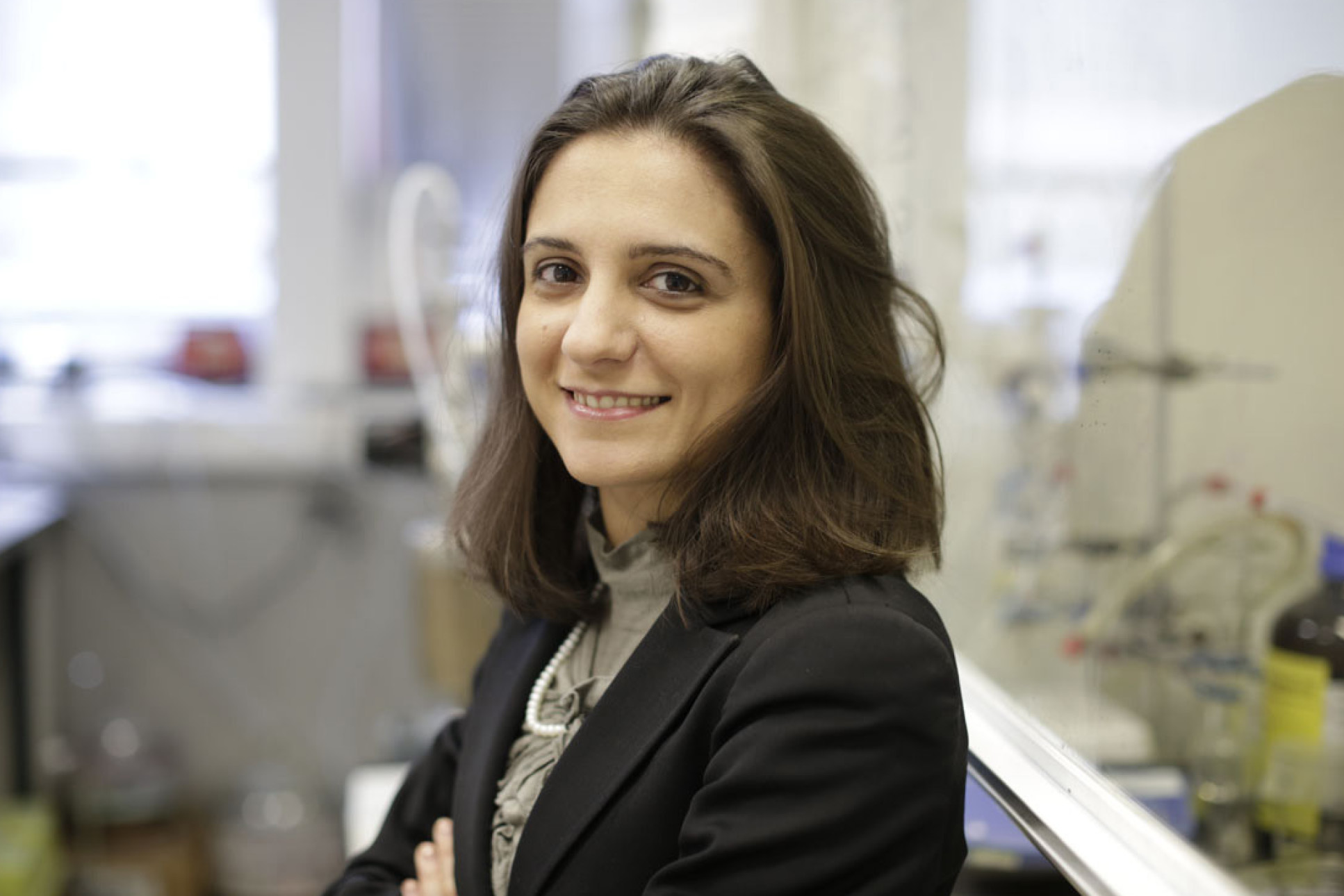Two Imperial academics win ERC Grants to accelerate research concepts

Two Imperial academics have won European Research Council (ERC) Proof of Concept Grants to accelerate their research ideas and concepts.
Academics from the Department of Materials and Department of Computing have won grants worth €150,000 each, to explore the commercial or societal potential of the results of their research projects.
The funding is part of the EU's research and innovation programme, Horizon Europe.
The grants build on funding awarded to the academics through ERC Consolidator Grants. The additional funding can be used by the grant winners to verify the practical viability of scientific concepts, explore business opportunities, or prepare patent applications.
New funding to investigate 3D printed batteries for wearable devices

Researchers have been awarded new funding from the European Research Council to investigate 3D-printed batteries for wearable devices.
Wearable electronics, which include wristwatches, fitness trackers, hearable, temperature sensors, are new technologies which requires energy autonomy. Wearable devices like smartwatches are typically built with rechargeable Lithium-Ion batteries. Despite their excellent performance, these are flammable , difficult to customize in different shapes and Lithium is becoming a critical resource.
The European Research Council has funded new research, led by Dr Cecilia Mattevi, to investigate the fabrication of rechargeable Zn-ion batteries, based on aqueous electrolytes, manufactured using 3D printing to power wearable devices.
The use of 3D printed batteries in wearable devices offers many advantages. These offer a more sustainable alternative to traditional batteries, are cost-effective to produce, and designs can easily be customised.
Dr Cecilia Mattevi, a Reader in the Department of Materials, explains: “The idea behind the 3DZnBat proof-of-concept is to address pressing challenges in the field of battery for wearable electronics such as safety, availability of raw materials and conformal features”
“This project will allow me to develop the proof-of-concepts to explore the market potential of 3D printed rechargeable Zn- ion batteries based on aqueous electrolytes.”
Improving software systems

Professor Cristian Cadar from the Department of Computing is investigating ways to help software systems evolve safely and securely.
The ERC Proof of Concept project PATCH originates in the research work pursued as part of the ERC Consolidator Grant project awarded in 2018, PASS: Program Analysis for Safe and Secure Software Evolution.
PATCH aims to develop program analysis techniques that would enable software systems to evolve safely and securely. PATCH ("patch" is a technical term denoting a software change), plans to explore the applicability of some of the research techniques developed in PASS to build a proof-of-concept prototype that could be applied to real-world software projects.
In particular, PATCH will use dynamic symbolic execution (DSE), a program analysis technique that systematically explores program paths, which are modeled as a set of mathematical constraints. The goal in this project is to build a proof-of-concept prototype that applies DSE techniques to incrementally analyse software changes, as the code evolves.
Professor Cadar said: “PATCH provides an exciting opportunity to explore the potential of our ERC research in practice. Modern software systems evolve at an accelerated pace, and there is an acute need to comprehensively validate software changes, which is the main goal of our project.”
Article supporters
Article text (excluding photos or graphics) © Imperial College London.
Photos and graphics subject to third party copyright used with permission or © Imperial College London.
Reporter
Stephen Johns
Communications Division